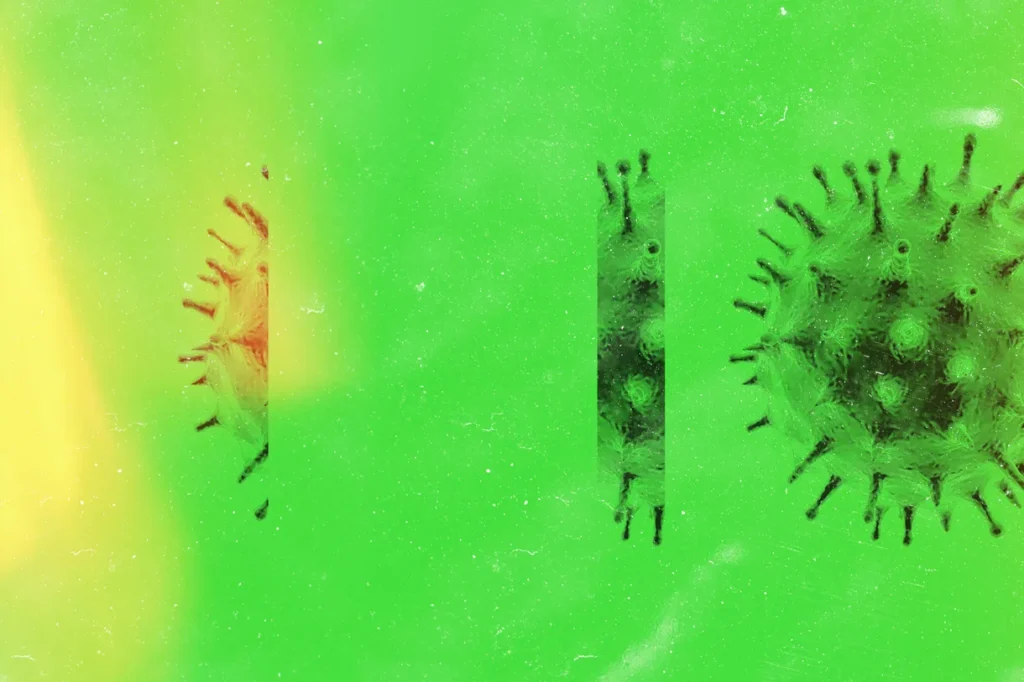Health
What we know so far about IHU COVID-19 variant symptoms
Scientists and experts in France are keeping their eyes on the new IHU COVID-19 variant that has emerged in recent days..

The new variant — called the IHU variant because it was found by academics at the institute IHU Mediterranee Infection — has been linked to 12 cases near Marseilles, France, according to Business Insider.
The variant — with the scientific name B.1.640.2 — reportedly has 46 mutations in an “atypical combination,” according to researchers.
However, the IHU variant has not been found in countries outside of France. It has not been labeled a variant of concern by the World Health Organization, either.
And just so we’re clear, the variant would be called the “pi variant” if the WHO did deem it one of concern since pi is the next Greek alphabet letter after omicron. WHO uses the Greek alphabet to name the variants.
What are the symptoms of the IHU variant? Per Business Insider, the variant appears to be more transmissible, which means it could infect more people. Otherwise, it’s unclear if the variant has specific symptoms other than traditional COVID-19 symptoms.
News of the IHU variant drummed up this week after a traveler in France tested positive for a COVID-19 variant. But this variant may have been seen before. In November, I reported for the Deseret News that 24 people in a French school in October 2021 were infected with a variant called B.1.X or B.1.640, which appears to be the same variant.
At the time, the France variant struggled to rise about the delta variant, which was spreading far and wide throughout the world.
A fast-spreading variant like delta or omicron will often overtake smaller variants since it will infect more people and cause immunity. stopping other variants from spreading.
We’ve seen this happen with mu and lambda, which were both dominated by delta.
Eric Feigl-Ding, a well-known epidemiologist, said on Twitter that variants pop up all the time. So more research will be needed to find out more about the IHU variant.
“There are scores of new variants discovered all the time, but it does not necessarily mean they will be more dangerous. What makes a variant more well-known and dangerous is its ability to multiply because of the number of mutations it has in relation to the original virus.”
He added, “It remains to be seen in which category this new variant will fall.”.




